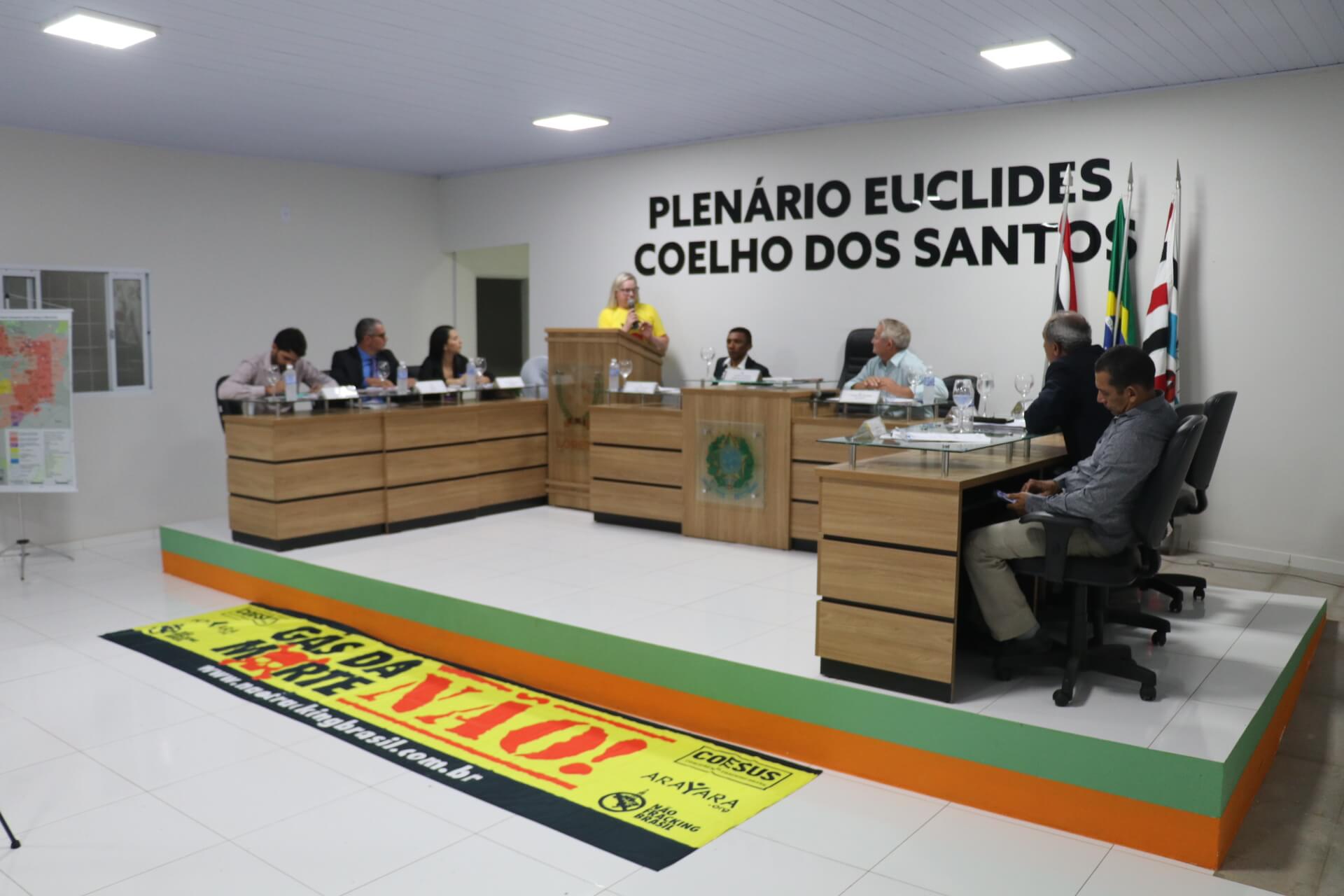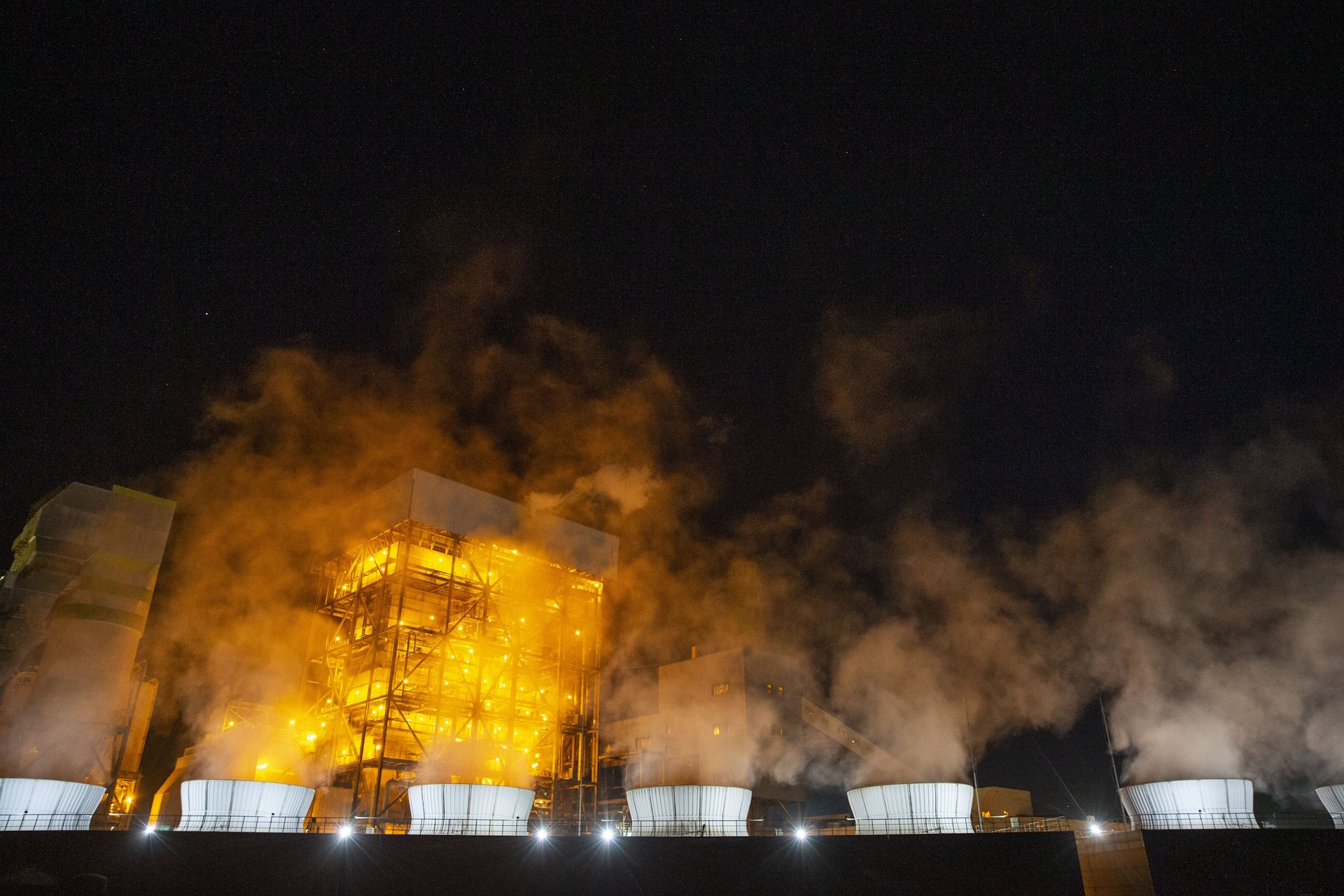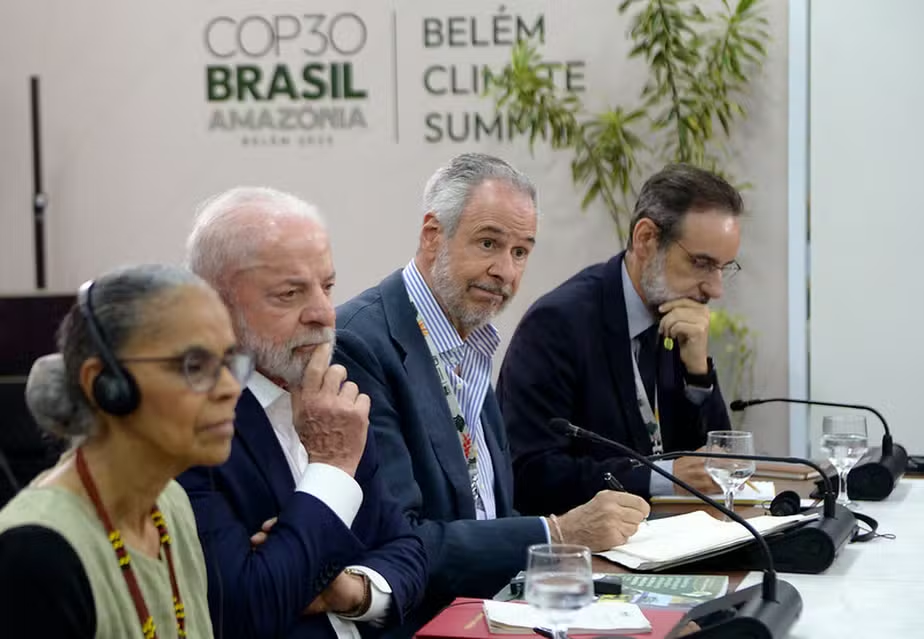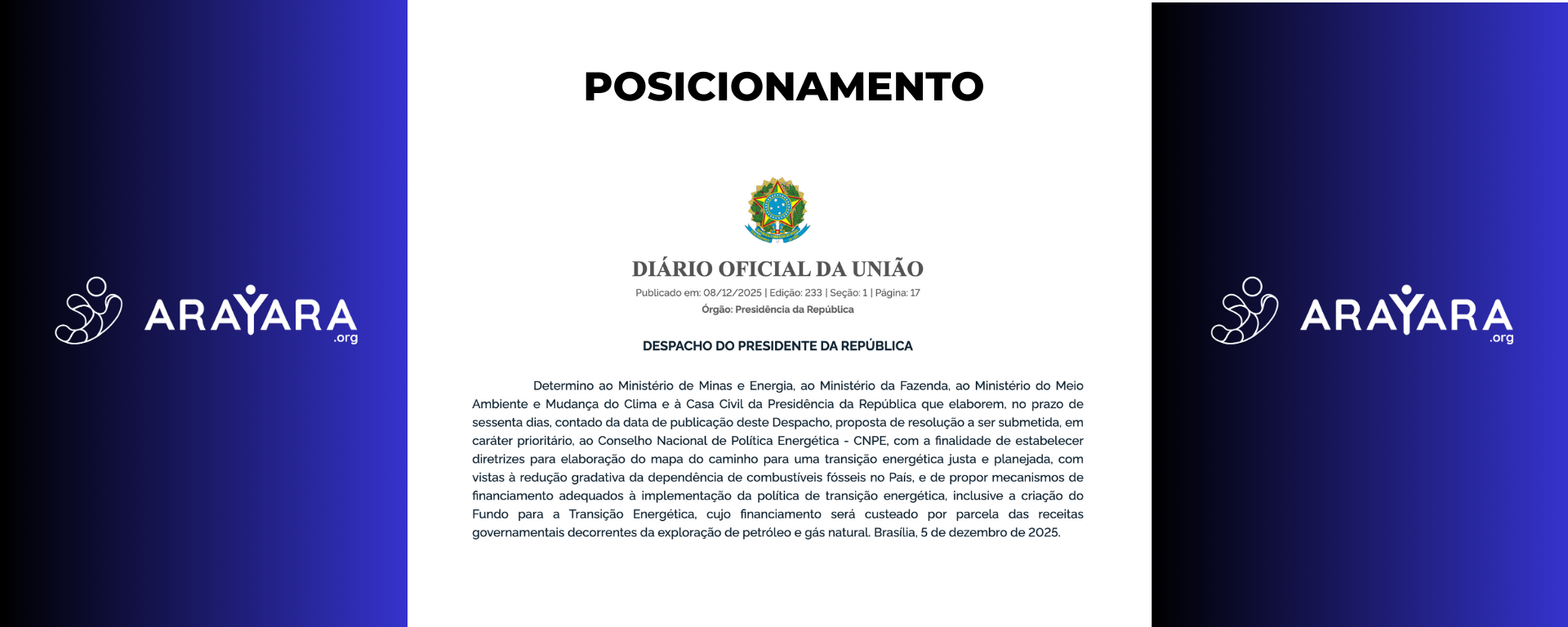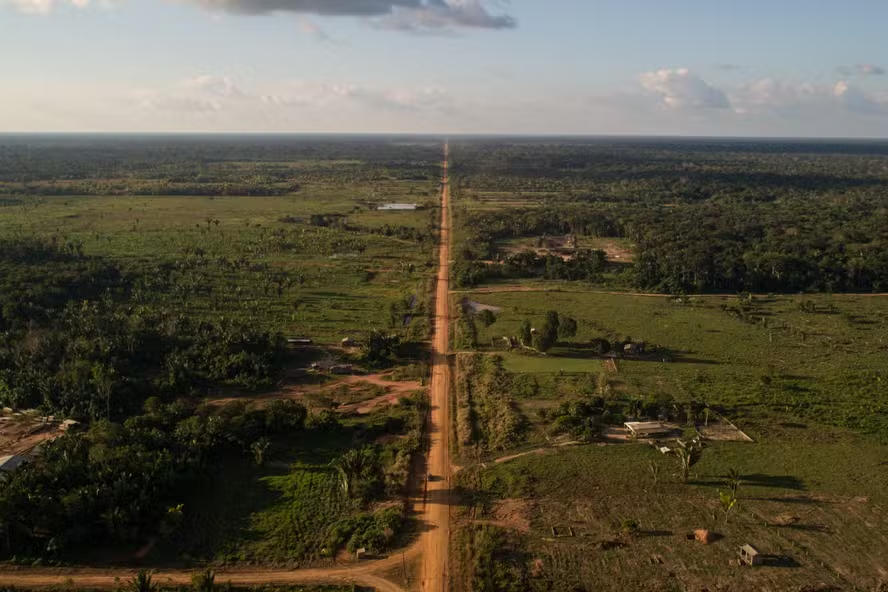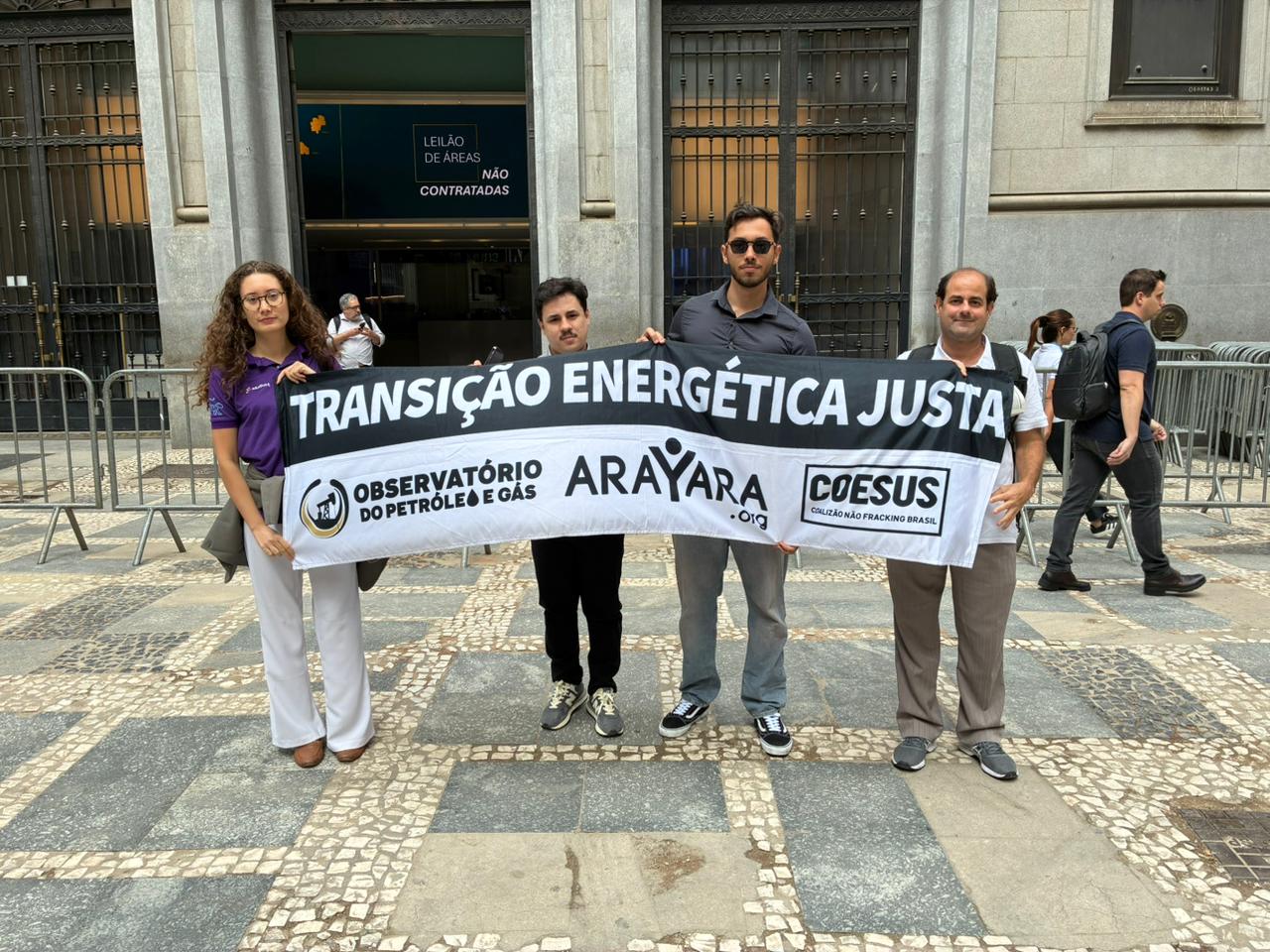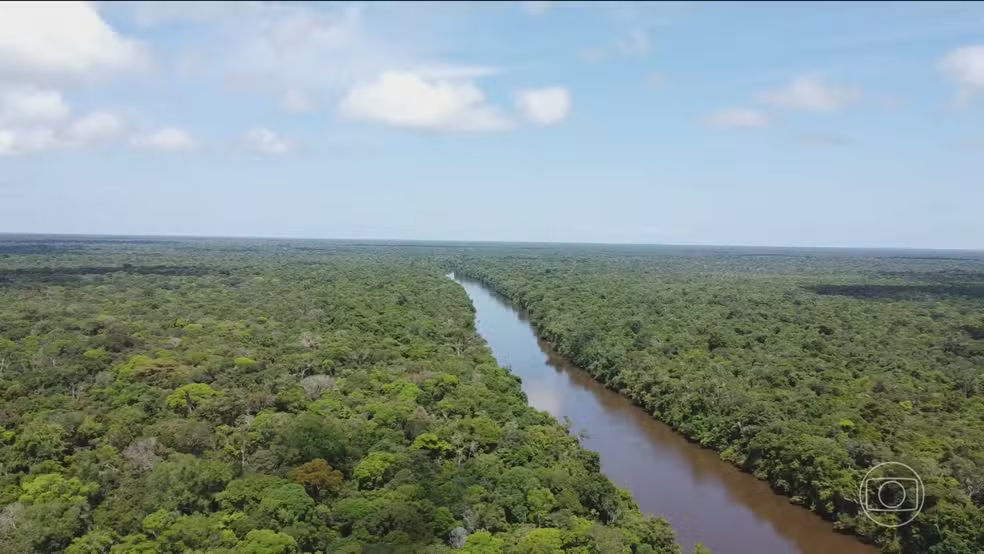Maranhão city undergoes several actions by No Fracking Brazil
What is fracking?
Fracking – also called hydraulic fracturing – is a process that involves injecting large volumes of water, chemicals and sand at high pressure into underground rock layers to release trapped natural gas. Despite being a technique already used in several countries, it is controversial because it causes environmental and ecological damage, including contamination of groundwater, release of greenhouse gases, induced earthquakes, etc.
The city of Loreto, in Maranhão, received a team from COESUS – Coalition No Fracking Brazil for Water and Life, a campaign by the Arayara International Institute, to carry out awareness and training actions to combat the exploitation of shale gas by fracking . The activities took place on September 26, 2022 and included participation in a public session at the city hall, a conversation with young people from the Paulo Freire School and a meeting with the local rural workers union.
The public session at the city hall was attended by COESUS, councilors and more than twenty people interested in the topic. Among those present were young people who participated in the training at the school, together with their parents. The presence of farmers who had participated in the Field Day was also significant.
After the speech at the City Council, the delivery of the bill aimed at prohibiting fracking in the municipality and region was formalized, highlighting the importance of this initiative to avoid the negative impacts of this practice. The councilors present undertook to present the bill for consideration and voting.
Another important moment took place during a meeting with the Loreto rural workers’ union. COESUS representatives, Suelita Röcker and Thiers Wilberger, met with union members at the entity’s headquarters, where training was held on the consequences of shale gas exploitation by fracking for agriculture.
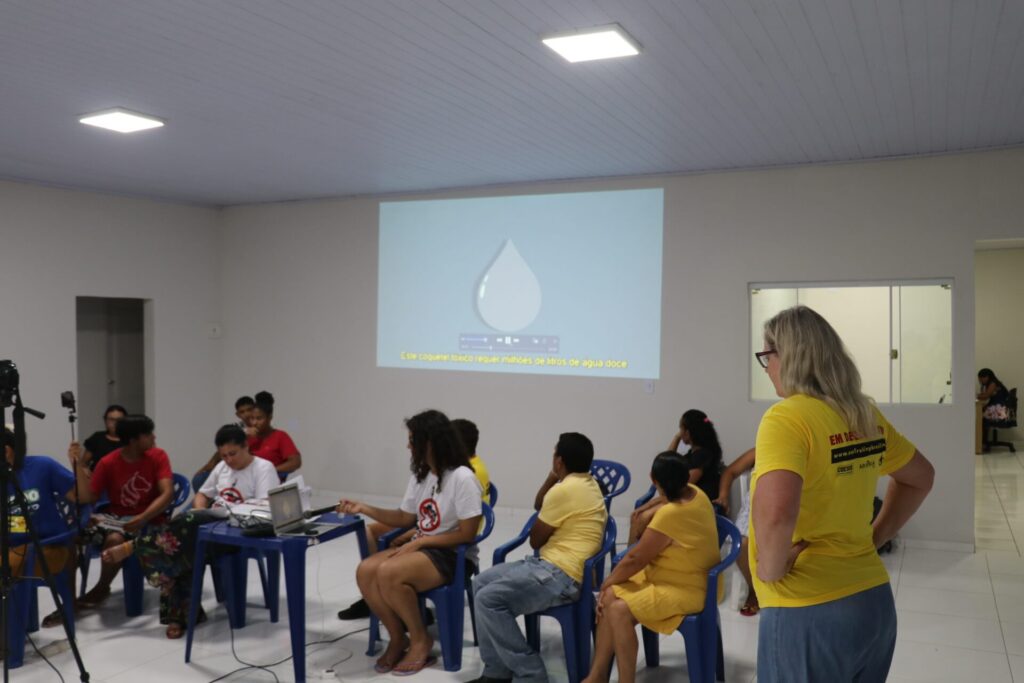
Training at the Rural Workers Union of Loreto/MA
At the end of the training, Mr. Pedro, a representative of the union, got in touch with the different groups of the organization to inform them about the consequences and already discuss the matter in his next meeting with the farmers. All training material was made available to the union to help disseminate information.

